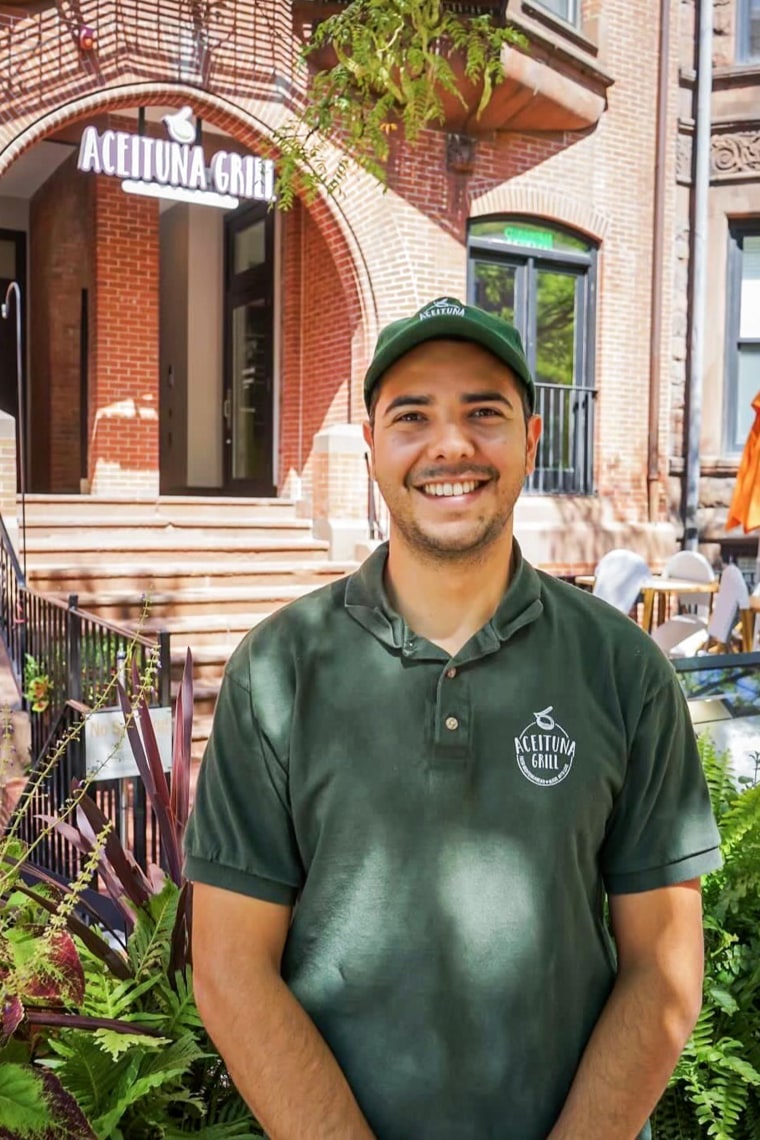
More consumers are saving their workday lunch money to burn when they’re off the clock.
The rise of hybrid work has kept many bars’ and restaurants’ lunchtime business from recovering to pre-pandemic levels, according to NBC News the data comes frrom the digital payments platform Square released Tuesday.
But while weekday transaction volumes from 11 a.m. to 2 p.m. were down 3.3% last year compared with 2019, card taps jumped 4.2% on weekends and 0.3% during weekday happy hours from 4 p.m. to 6 p.m. The Square data comes as foot traffic rebounds in major U.S. cities’ downtowns far faster on evenings and weekends than during workdays, University of Toronto researchers have found.
These signs point to a new normal for Americans’ post-pandemic leisure spending, which has stayed resilient despite the higher costs of going out. Fast food chains are launching promotions to lure back diners turned off by price hikes, and alcohol brands are pushing canned cocktails as bar and restaurant menu tabs rise faster than grocery bills.
Get New England news, weather forecasts and entertainment stories to your inbox. Sign up for NECN newsletters.
"That’s been the largest transformation in the last four or five years — the consumer habits of office workers." Said Ara Kharazian, research lead at Square.
Nevertheless, many consumers remain determined to splurge after unplugging from work.
“That’s been the largest transformation in the last four or five years — the consumer habits of office workers,” said Ara Kharazian, research lead at Square, which provides electronic payment systems used by many bars, restaurants and stores. “But that money has gone somewhere else: We’re seeing consumers instead spend money on the weekends.”
Brunch has driven a chunk of the weekend increase, Kharazian said. In 2023, 1.88% of the food and drink transactions Square processed took place between 11 a.m. and noon on Saturdays, up from 1.60% in 2019. Because the company analyzed transaction volumes rather than dollar amounts, its data reflects foot traffic rather than inflation-sensitive spending.
Still, some of the change may have to do with consumers going where the deals are, said Sara Senatore, a senior restaurant analyst at Bank of America.
“Brunch is a much more accessible price point than dinner, because people still want to go out to eat,” she said. “They still want the experience, they still want to congregate with their friends and family.”

Nowhere was the shift toward evening and weekend spending starker than in Boston, one of 23 major cities Square analyzed. There, a 10.1% decline in weekday lunch transactions was more than offset by 10.3% and 1.6% increases in weekend and happy hour transactions, respectively.
Aceituna Grill, a fast-casual Mediterranean restaurant in Boston, has seen lunch crowds shrink at the three locations it has operated since before the pandemic, especially those near offices for Bank of America and PwC, according to CEO AJ Kurban.
“We used to have a line out the door every single day. Now we’re lucky to get a line out the door two to three days a week,” said Kurban. Sales at the three restaurants last year were down by at least 20% from 2019.
This story first appeared on NBCNews.com. More from NBC News:



